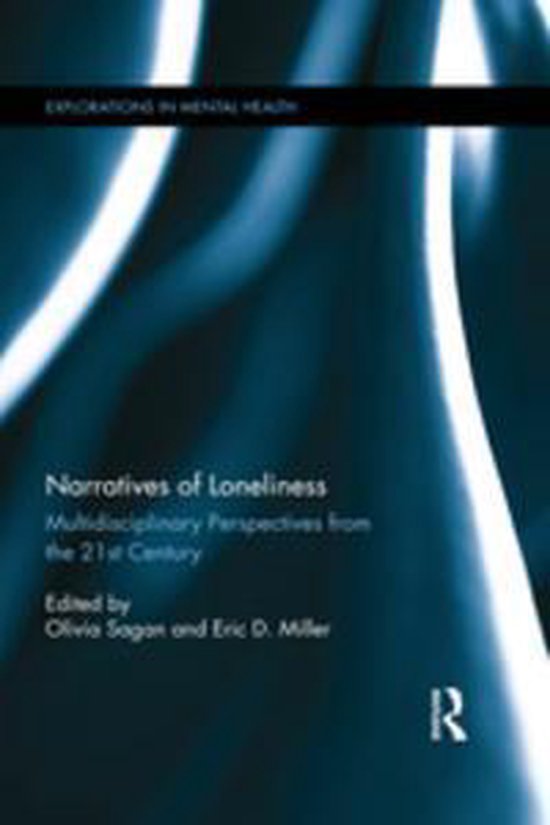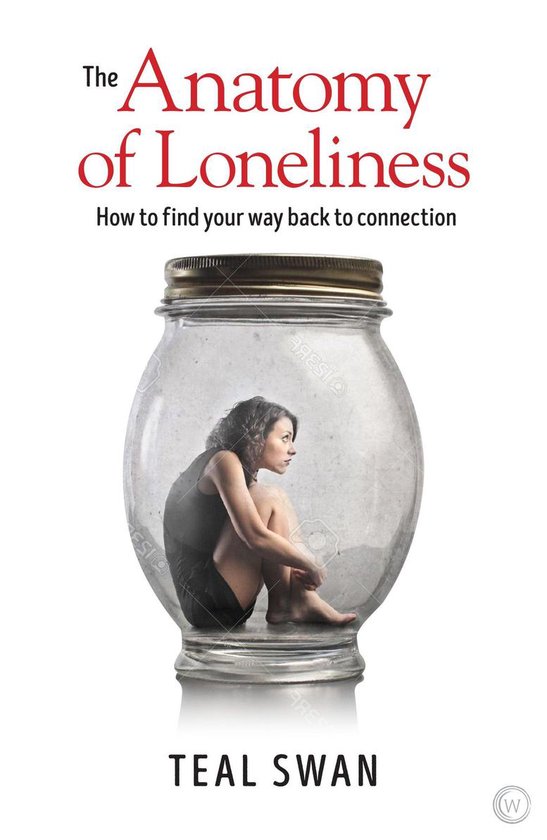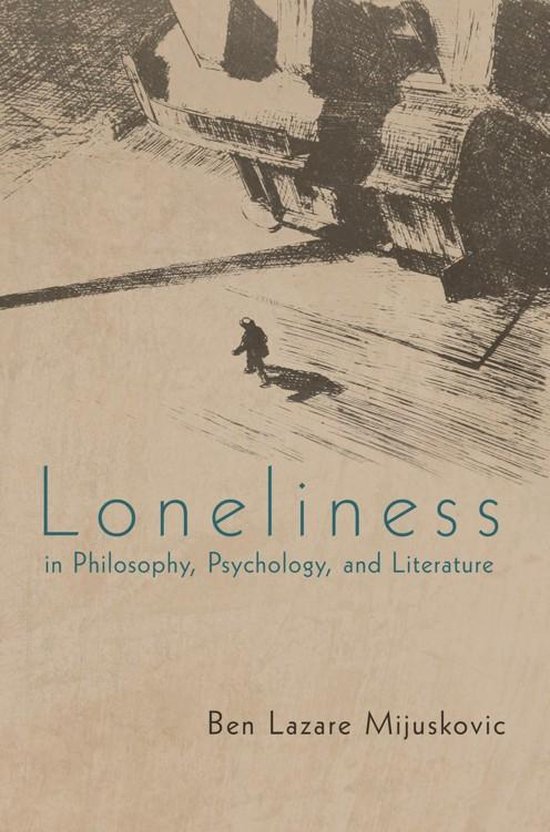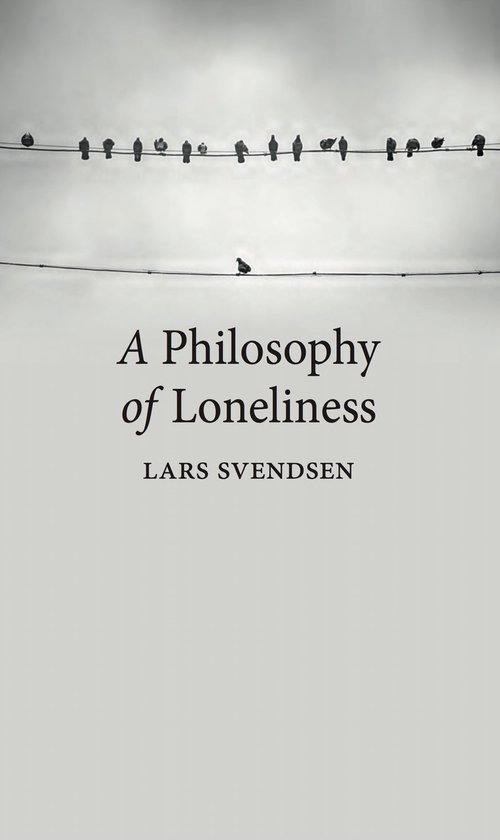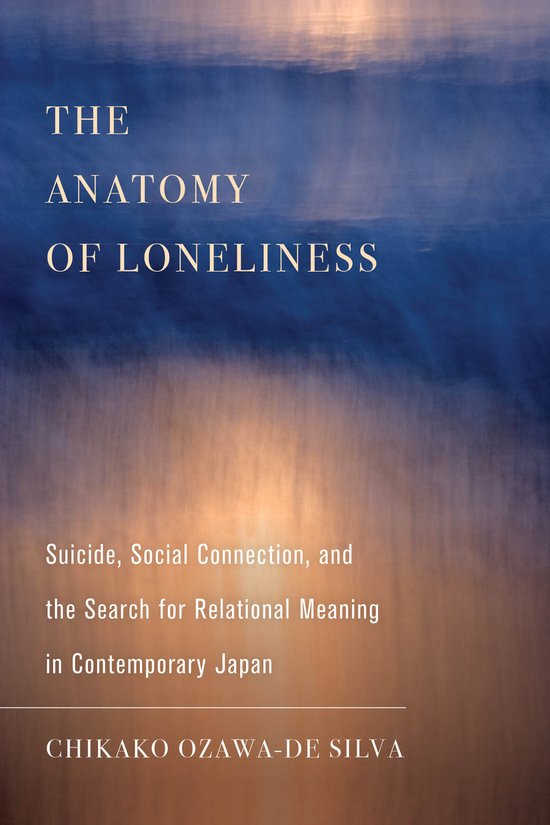
Ethnographic Studies in Subjectivity-The Anatomy of Loneliness
"Ozawa-de Silva has written what amounts to a book of wisdom for the art of living. It develops a theory of human relational meaning which it applies to understand the nexus of suicide, loneliness, social isolation, and failure of finding meaning in relationships. It makes a fundamental contribution to anthropological and psychological studies of subjectivity and suicide.”––Arthur Kleinman, author of The Soul of Care: The Moral Education of a Husband and a Doctor
"Ozawa-de Silva has produced an exquisite ethnography that vividly captures the existential pain people experience that is irreducible to psychiatric categories like “depression.” Investigating internet suicides and the aftereffects of natural disasters, she offers valuable cross-cultural insights into how people recover the will to survive from the depth of despair." ––Junko Kitanaka, author of Depression in Japan: Psychiatric Cures for a Society in Distress
"Excavating the phenomenon of internet group suicide in Japan, Ozawa-de-Silva was led into a study of the loneliness that both accompanies and transcends this practice itself. Anatomizing this as the feeling of being uncared for and unneeded, directionless and disconnected, alone and socially homeless, the author identifies what has become a subjective state as pervasive as painful in Japan today. In what has become symptomatic of our times, loneliness demands the analytical care, theoretical precision, and ethnographic sensitivity that this book brings to the subject. A much-needed, beautifully executed Anatomy of Loneliness."––Anne Allison, author of Precarious Japan
" The Anatomy of Loneliness is a beautiful and haunting look at the human need for connection and purpose, and the consequences of living in a society that increasingly isolates us from each other. Chikako Ozawa-de Silva masterfully mobilizes her rich ethnographic data to make the case for a radical reframing of how we think about emotional distress and how to help those who are suffering. Written in a clear and accessible style, The Anatomy of Loneliness is an example of anthropological research and writing at its best, offering a nuanced and powerful look at how building 'a life worth living' is a communal, rather than an individual, task."––Rebecca J. Lester, author of Famished: Eating Disorders and Failed Care in America
"Ozawa-de Silva deftly wields the tools of cultural anthropology to build a solid argument that loneliness is not simply a personal problem, but a social one. This book leads readers to consider how misguided social policies can exacerbate the problem. Its insights, grounded in ethnographic fieldwork in Japan, help us see anew the relationship between the psychological and the cultural so that we may understand more deeply our current global epidemic of loneliness."––Clark Chilson, University of Pittsburgh
Loneliness is everybody’s business. Neither a pathology nor a rare affliction, it is part of the human condition. Severe and chronic loneliness, however, is a threat to individual and public health and appears to be on the rise. In this illuminating book, anthropologist Chikako Ozawa-de Silva examines loneliness in Japan, focusing on rising rates of suicide, the commodification of intimacy, and problems impacting youth. Moving from interviews with college students, to stories of isolation following the 2011 natural and nuclear disasters, to online discussions in suicide website chat rooms, Ozawa-de Silva points to how society itself can exacerbate experiences of loneliness. A critical work for our world, The Anatomy of Loneliness considers how to turn the tide of the “lonely society” and calls for a deeper understanding of empathy and subjective experience on both individual and systemic levels.
"Ozawa-de Silva has produced an exquisite ethnography that vividly captures the existential pain people experience that is irreducible to psychiatric categories like “depression.” Investigating internet suicides and the aftereffects of natural disasters, she offers valuable cross-cultural insights into how people recover the will to survive from the depth of despair." ––Junko Kitanaka, author of Depression in Japan: Psychiatric Cures for a Society in Distress
"Excavating the phenomenon of internet group suicide in Japan, Ozawa-de-Silva was led into a study of the loneliness that both accompanies and transcends this practice itself. Anatomizing this as the feeling of being uncared for and unneeded, directionless and disconnected, alone and socially homeless, the author identifies what has become a subjective state as pervasive as painful in Japan today. In what has become symptomatic of our times, loneliness demands the analytical care, theoretical precision, and ethnographic sensitivity that this book brings to the subject. A much-needed, beautifully executed Anatomy of Loneliness."––Anne Allison, author of Precarious Japan
" The Anatomy of Loneliness is a beautiful and haunting look at the human need for connection and purpose, and the consequences of living in a society that increasingly isolates us from each other. Chikako Ozawa-de Silva masterfully mobilizes her rich ethnographic data to make the case for a radical reframing of how we think about emotional distress and how to help those who are suffering. Written in a clear and accessible style, The Anatomy of Loneliness is an example of anthropological research and writing at its best, offering a nuanced and powerful look at how building 'a life worth living' is a communal, rather than an individual, task."––Rebecca J. Lester, author of Famished: Eating Disorders and Failed Care in America
"Ozawa-de Silva deftly wields the tools of cultural anthropology to build a solid argument that loneliness is not simply a personal problem, but a social one. This book leads readers to consider how misguided social policies can exacerbate the problem. Its insights, grounded in ethnographic fieldwork in Japan, help us see anew the relationship between the psychological and the cultural so that we may understand more deeply our current global epidemic of loneliness."––Clark Chilson, University of Pittsburgh
Loneliness is everybody’s business. Neither a pathology nor a rare affliction, it is part of the human condition. Severe and chronic loneliness, however, is a threat to individual and public health and appears to be on the rise. In this illuminating book, anthropologist Chikako Ozawa-de Silva examines loneliness in Japan, focusing on rising rates of suicide, the commodification of intimacy, and problems impacting youth. Moving from interviews with college students, to stories of isolation following the 2011 natural and nuclear disasters, to online discussions in suicide website chat rooms, Ozawa-de Silva points to how society itself can exacerbate experiences of loneliness. A critical work for our world, The Anatomy of Loneliness considers how to turn the tide of the “lonely society” and calls for a deeper understanding of empathy and subjective experience on both individual and systemic levels.
| Auteur | | Chikako Ozawa-De Silva |
| Taal | | Engels |
| Type | | Hardcover |
| Categorie | | Mens & Maatschappij |
